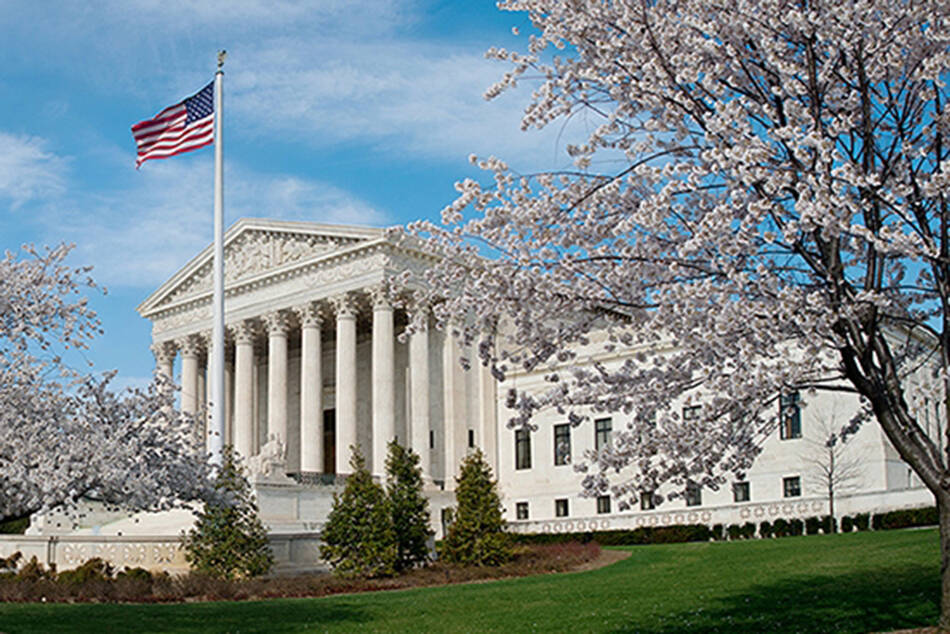By TJ Martinell | The Center Square
(the Center Square) – The U.S. Supreme Court could decide as early as Dec. 11 whether it will take up a Washington lawsuit challenging the legality of the state’s capital gains tax, according to the Mountain States Policy Center.
Enacted in 2021, the tax is on the income derived from the sale of capital gains, which the State Supreme Court ruled earlier this year is an excise tax.
If overturned, the ruling could leave the state in a position of having to reimburse affected taxpayers to the tune of almost $900 million. Plaintiffs in the lawsuit initially requested that the State Supreme Court prevent the Department of Revenue from collecting the tax until the case was decided, but the state high court ruled that it could.
The lawsuit argues the 2021 law violates both the U.S. and the State constitutions, claiming it violates the federal Interstate Commerce Clause by attempting to tax activities in other states.
It also asserts that the tax, labeled by proponents as an excise tax, is actually a graduated income tax that runs afoul of the State Constitution’s uniformity clause regarding property taxes of the same class; the State Constitution defines property as “all things tangible and intangible subject to ownership,” and the State Supreme Court has consistently ruled since 1933 that income falls under that definition.
Unlike excise taxes, the Washington’s capital gains tax is not owed following the sale if no income is generated from it.
The State Supreme Court decision earlier this year did not address the question of whether income is considered property.








